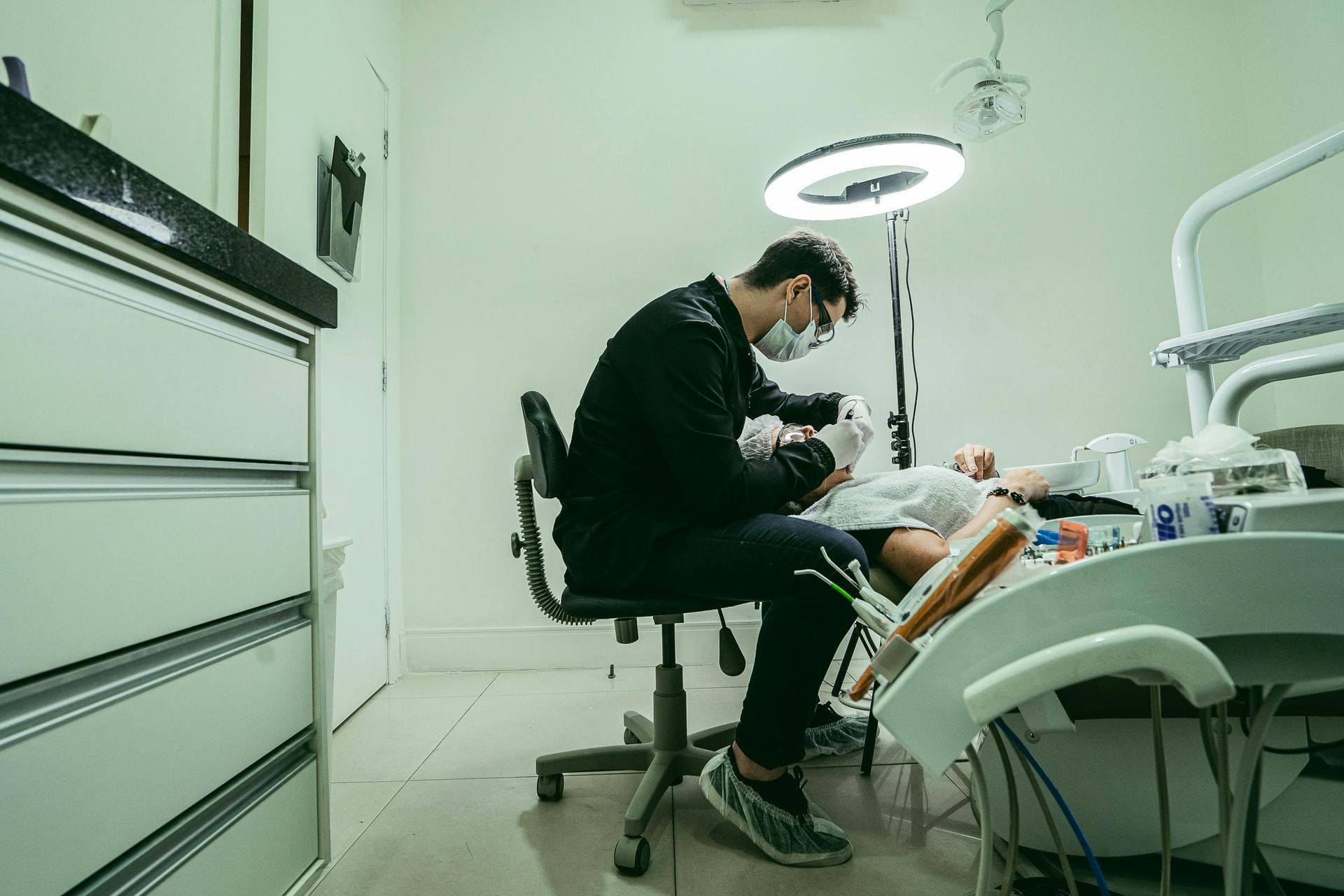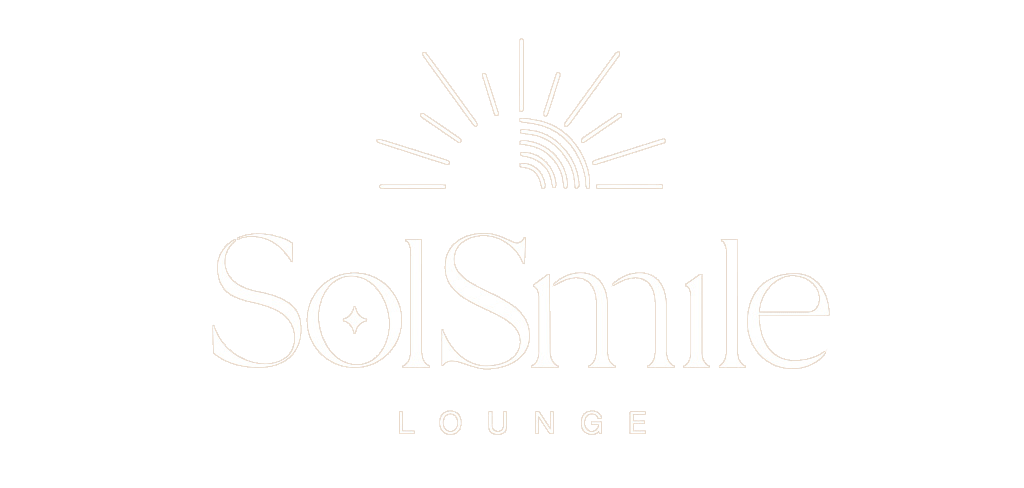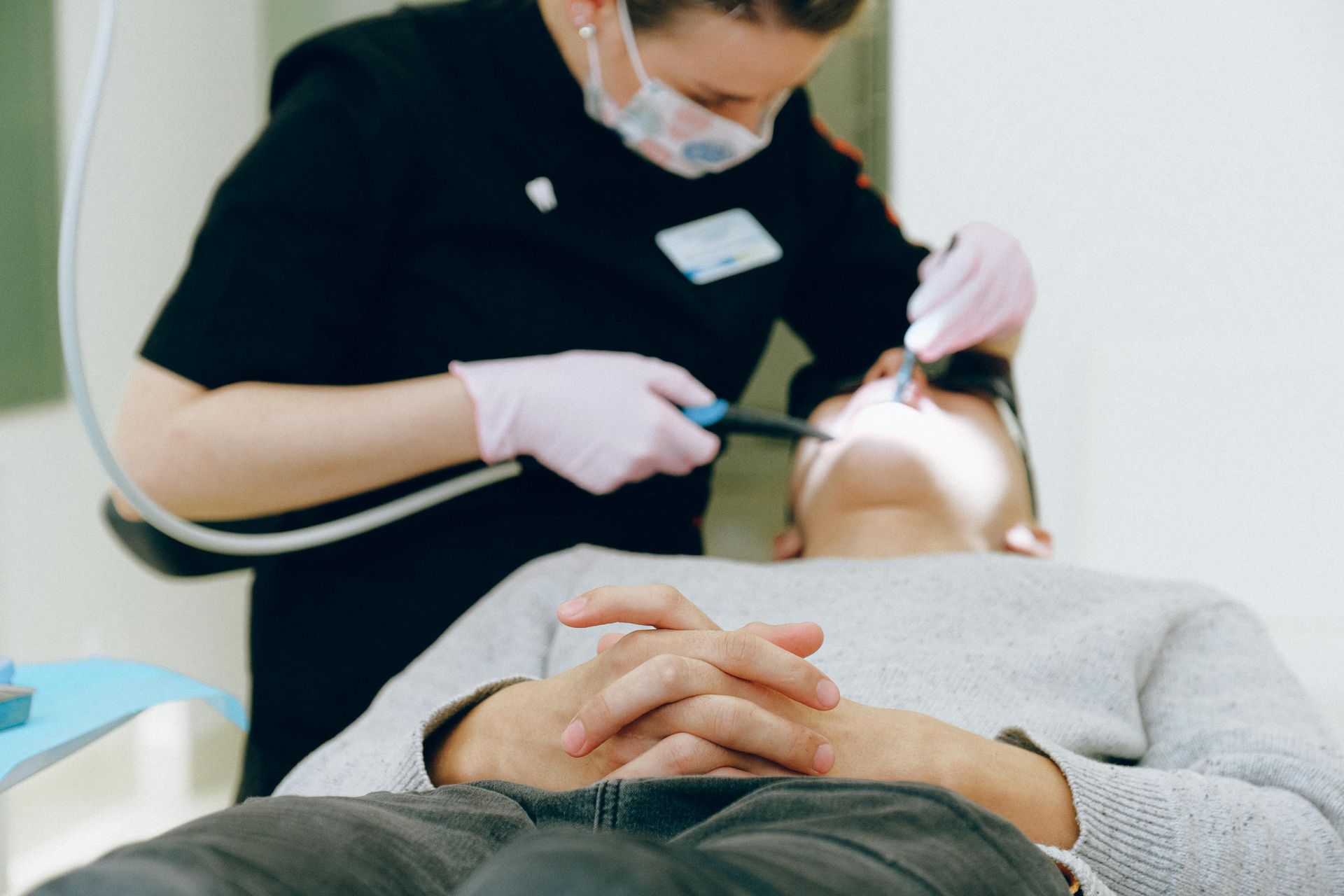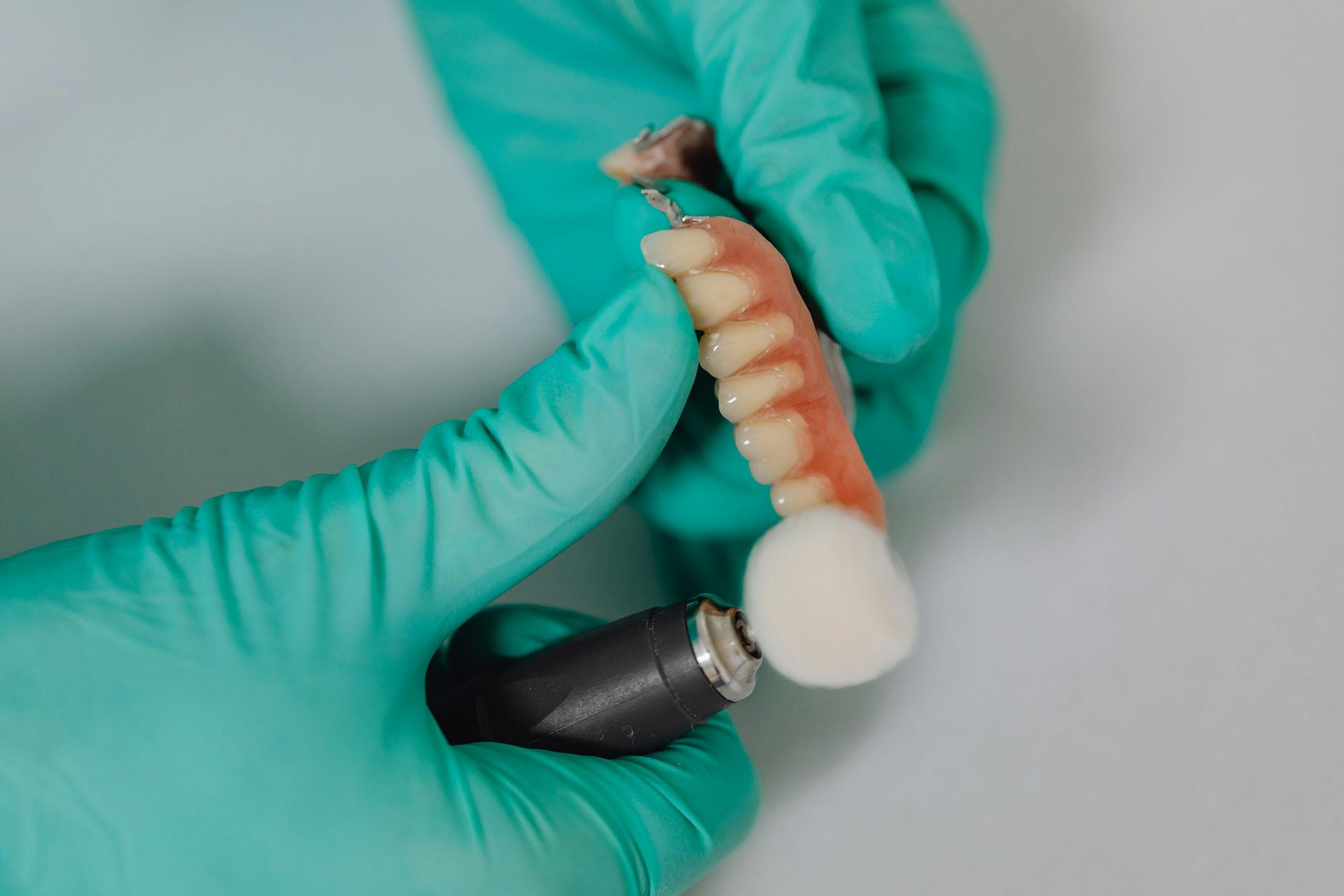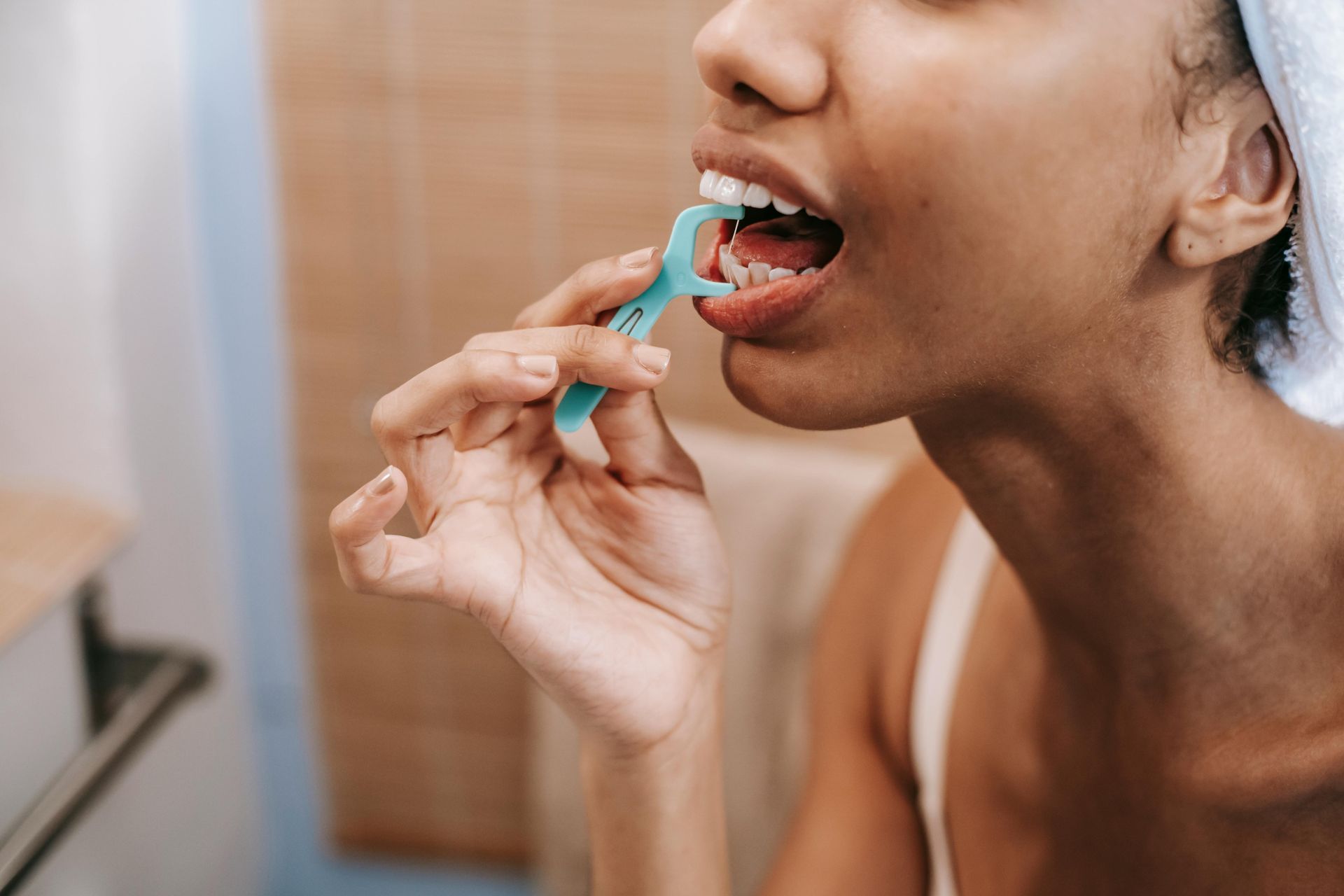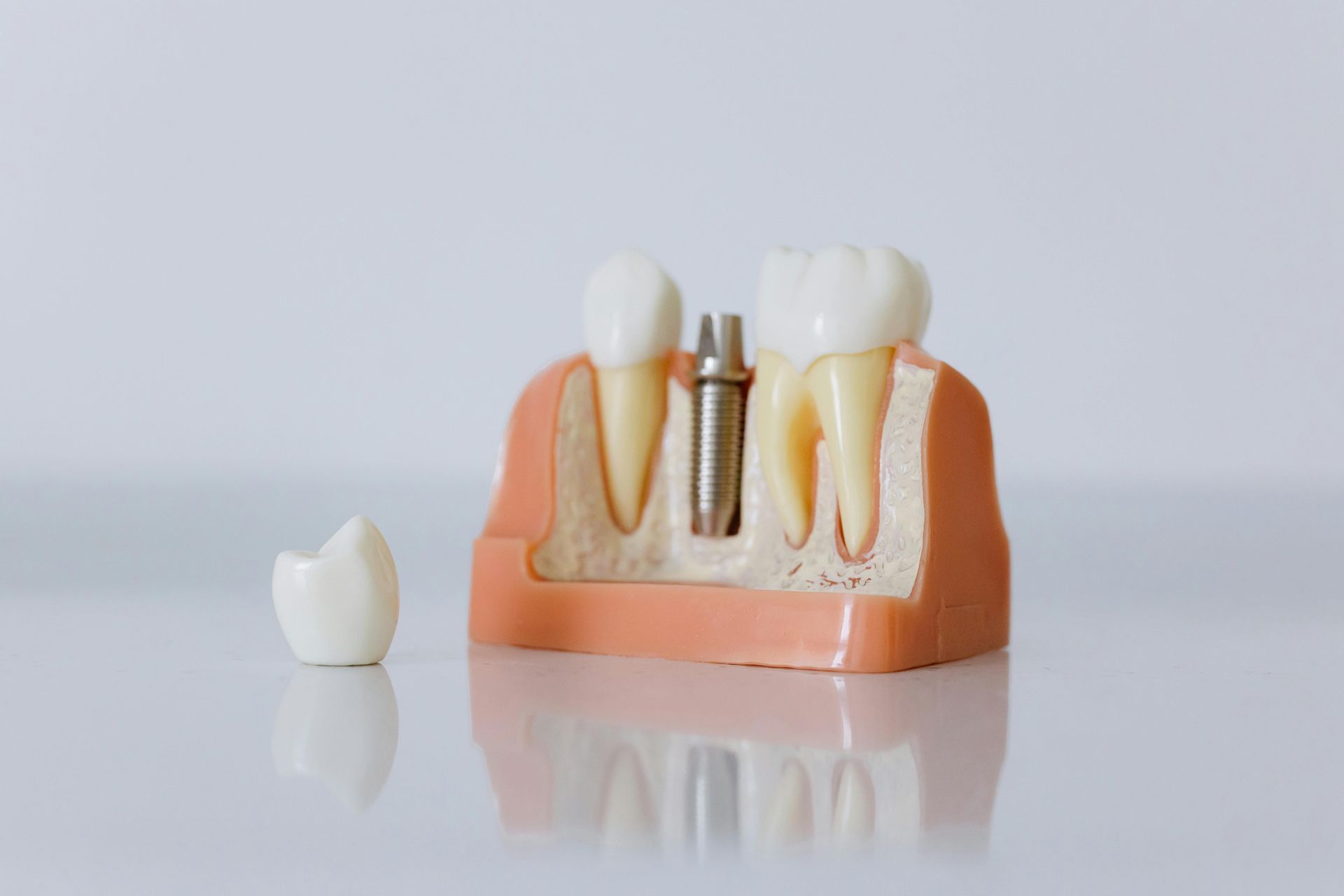Mouth Breathing vs. Nose Breathing: How It Affects Your Teeth and Gums
Mouth Breathing vs. Nose Breathing: How It Affects Your Teeth and Gums
Breathing Is Natural—But Are You Doing It Right?
If you often wake up with a dry mouth, bad breath, or sore throat, you might be breathing through your mouth while you sleep—and that’s not great news for your dental health.
At SolSmile Lounge, we’ve seen an increasing number of patients in New Tampa and Temple Terrace who are unknowingly harming their teeth and gums through something as simple as how they breathe.
Let’s break down the difference between mouth and nose breathing—and why switching could protect your smile.
Why Is Mouth Breathing Bad for Your Teeth?
Mouth breathing dries out the mouth, reducing the production of saliva. Saliva is essential to oral health—it neutralizes acids, washes away bacteria, and protects enamel.
Here’s what prolonged mouth breathing can lead to:
- Dry mouth (xerostomia), which increases the risk of cavities
- Bad breath caused by bacteria buildup
- Gum inflammation and disease due to reduced saliva protection
- Misaligned bites and changes in facial development in children
- Tooth decay from acidic environments
Nose Breathing: A Natural Filter With Oral Health Benefits
Your nose is designed to filter, warm, and humidify the air you breathe. Nose breathing not only improves oxygen intake, but it also promotes a healthier oral environment by keeping your mouth closed and moist.
Some key benefits include:
- Better saliva flow
- Lower risk of cavities and gum issues
- Improved jaw and facial development in children
- Reduced risk of snoring and sleep apnea
The Mouth Tape Trend—Does It Work?
You might have heard about mouth tape on TikTok or from wellness influencers. Mouth taping involves placing a small piece of breathable tape over your lips at night to encourage nose breathing.
While it might sound strange, many people are reporting benefits like:
- Better sleep
- Less snoring
- Fresher breath
- Reduced dry mouth in the morning
⚠️ Important: Not everyone is a candidate for mouth taping, especially if you suffer from nasal congestion, sleep apnea, or other airway issues. Always talk to a medical or dental professional before trying it out. At SolSmile Lounge, we can help assess whether mouth breathing is affecting your oral health and guide you to safe, effective solutions.
How We Help Patients Who Mouth Breathe
If you or your child are dealing with symptoms linked to mouth breathing—like chronic dry mouth, gum irritation, or bad breath—we’re here to help. During your exam, our team will:
✔️ Evaluate your oral health for signs of damage from dry mouth
✔️ Check for bite or airway issues that could be contributing
✔️ Recommend custom strategies such as fluoride treatments, night guards, or referrals for airway-focused care
In some cases, early orthodontic intervention or collaboration with an ENT (ear, nose, and throat specialist) may be recommended—especially for children experiencing sleep or development concerns.
Don’t Ignore the Signs
Mouth breathing might not seem serious, but over time, it can take a major toll on your teeth, gums, and overall health. If you’re experiencing:
- Dry mouth in the morning
- Waking up tired despite a full night’s sleep
- Chronic bad breath or sore gums
- Teeth shifting or bite issues
…it’s time to schedule an appointment.
Book Your Visit at SolSmile Lounge
We’re proud to serve the New Tampa and Temple Terrace communities with compassionate, preventive dental care. Let’s take a proactive approach to your oral health—starting with how you breathe.
